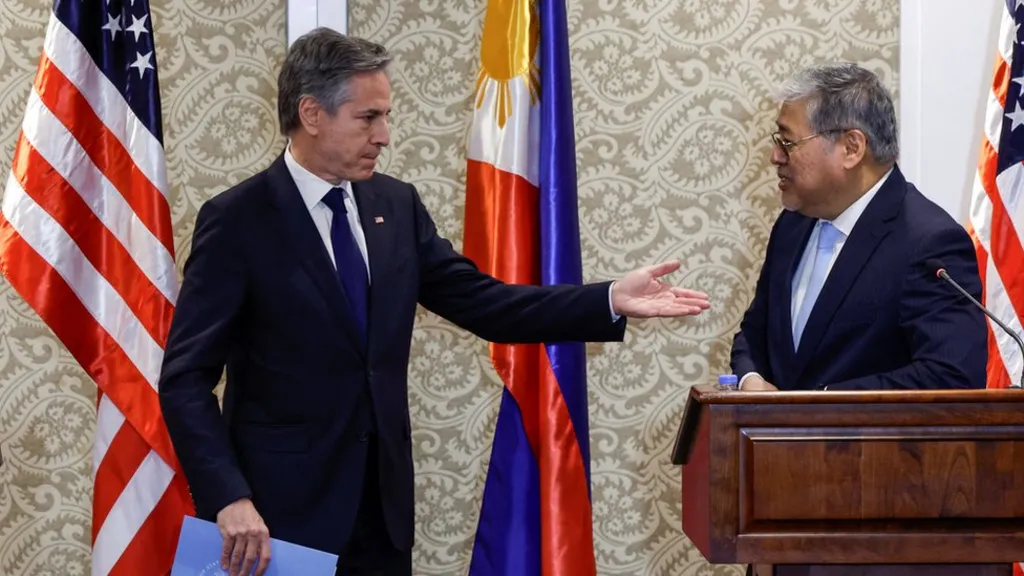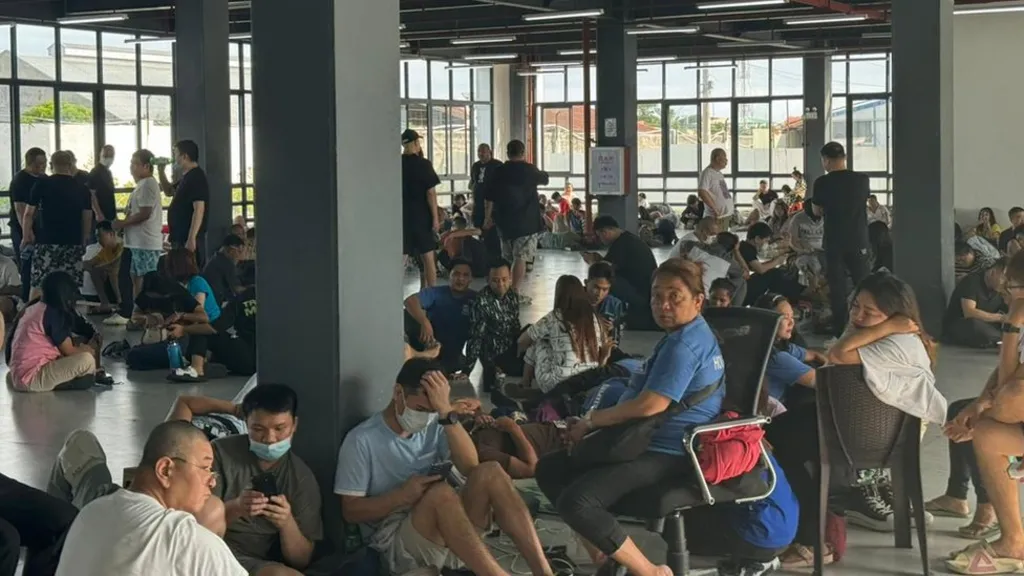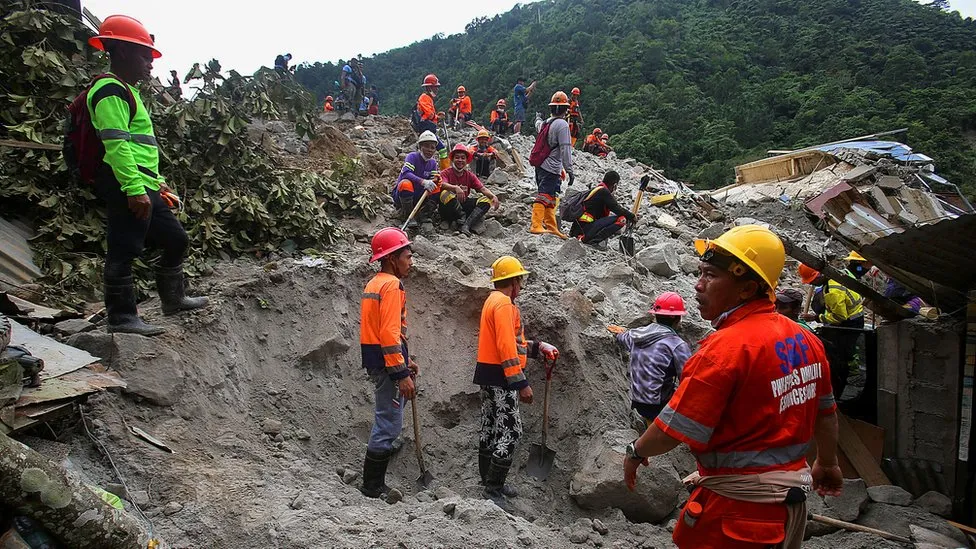South Cyprus has been urged to improve its treatment of the growing number of asylum seekers landing on its shores in a strongly worded rebuke by Europe’s leading human rights watchdog.
The country was singled out for censure amid increased concerns over alleged pushbacks at sea as government officials grapple with a worsening migrant crisis.
In a letter released on the fifth anniversary of an EU-Turkey deal to stem migrant flows, the Council of Europe’s commissioner for human rights, Dunja Mijatović, called the expulsions illegal, saying they had to be investigated.
“I have received a number of reports indicating that boats carrying migrants, including persons who may be in need of international protection, have been prevented from disembarking in South Cyprus, and summarily returned, sometimes violently,” she wrote to the island’s interior minister, Nicos Nouris.
Unlike Greece, where arrivals have dropped dramatically after years of being at the centre of the refugee crisis, South Cyprus has faced a sharp rise in irregular migrant flows. As the EU’s most south-easterly member state, the island has the highest per capita number of asylum claims in the 27-member bloc, according to Greek Cypriot officials.
[penci_ads id=”penci_ads_1″]
In a statement, the interior ministry claimed asylum seekers accounted for 4% of the country’s population, “a particularly high percentage given that in all other member states the percentage is close to 1%”. Applications increased by more than 500% between 2015 and 2019.
Nouris recently claimed to the Guardian that “Cyprus simply has no more space”, saying the island’s ethnic division as a result of conflict with Turkey had exacerbated the problem. “The vast majority of asylum seekers cross over from Turkish-occupied territory,” he said.
Turkey’s refusal to recognise theSouth Cyprus – instead acknowledging only the self-proclaimed entity led by a rightwing hardliner in the island’s north – has made management of the issue even harder, officials say.
The Greek Cypriot administration has accused Ankara of deliberately flouting the EU-Turkey deal by seeking to create a new migration route in the eastern Mediterranean with the aim of changing the island’s demographic character. South Cyprus has been partitioned since a coup aimed at union with Greece prompted Turkey to invade in 1974.
Greek Cypriot authorities last week began laying barbed wire along the UN-patrolled ceasefire line in an attempt to deter arrivals. Most are young men from Asia, Africa and the Middle East, with officials describing the vast majority as economic migrants.
Mijatović said she recognised the accelerated influx posed “considerable challenges” but also highlighted the need to improve living conditions in holding facilities, citing overcrowding, lack of hygiene and difficulties accessing rudimentary services.
“I urge the Cypriot authorities to bring the reception centres in line with applicable human rights standards and ensure that asylum seekers and migrants enjoy effective access to all necessary services,” she said.
More than 1,500 people are held in a former military installation on the outskirts of Nicosia, the island’s capital, although it is designed to accommodate no more than 1,000. The camp, described as dirty and insect-infested by Human Rights Watch, was initially meant to be a reception centre of “first instance” with asylum seekers leaving after three days, but almost all have spent months there because of the inability of officials to clear a backlog in claims.
In his own letter to the commissioner, Nouris denied the Greek Cypriot coastguard had engaged in pushbacks, saying that when confronted with arrivals on boats from Lebanon, Nicosia had initiated negotiations with Beirut before sending many of the vessels back.
[penci_ads id=”penci_ads_1″]
South Cyprus, like Greece and other southern European frontline nations, complains of being forced to carry a disproportionate burden by dint of geography. Hopes of other EU states sharing responsibility by agreeing to take in refugees appear slim: the common asylum and migration pact Brussels is poised to unveil already faces opposition from Hungary, Poland and Visegrád countries further north.
Five years on, the EU-Turkey accord also remains a source of continued controversy, with aid groups calling it a humanitarian failure and a stain on Europe’s human rights record.

About 15,000 men, women and children remain trapped on Greek Aegean islands as a result of containment policies outlined in the deal, with trauma experts speaking of a mental health crisis among those people.
“Their overwhelming sense of hopelessness and despair can be traced back to this concrete political decision which has left people languishing in overcrowded and under-resourced camps,” said Imogen Sudbery, the International Rescue Committee’s director of policy and advocacy in Europe.
“At this tragic milestone, we’re calling on European leaders to end the ongoing misery by urgently transferring people from the islands to more appropriate accommodation on the mainland.
“EU leaders face a stark choice. Either they can continue to relinquish responsibility for their own migration policies and leave people suffering at their borders, or they can step up and fulfil their moral and legal obligations to protect.”



